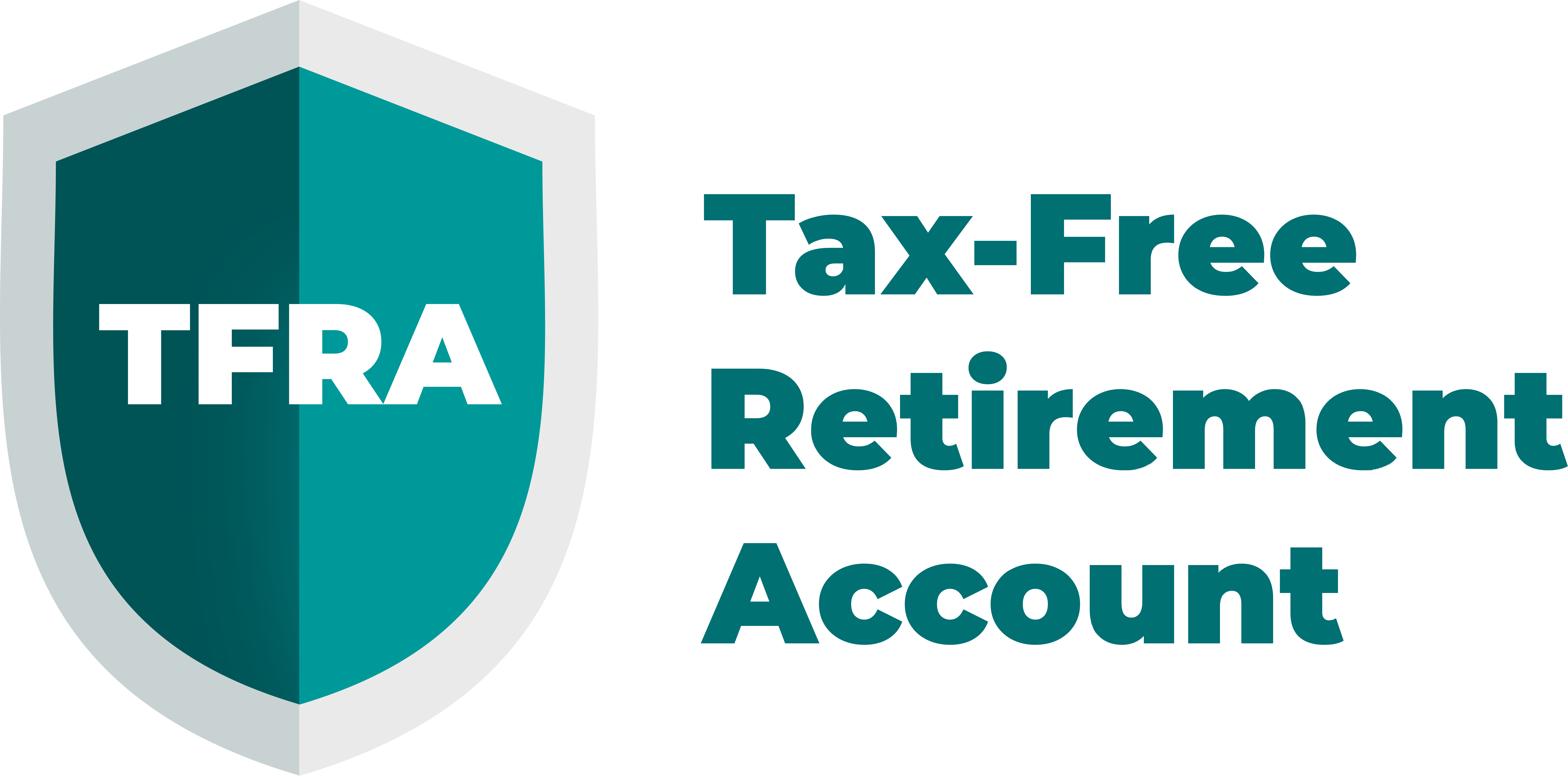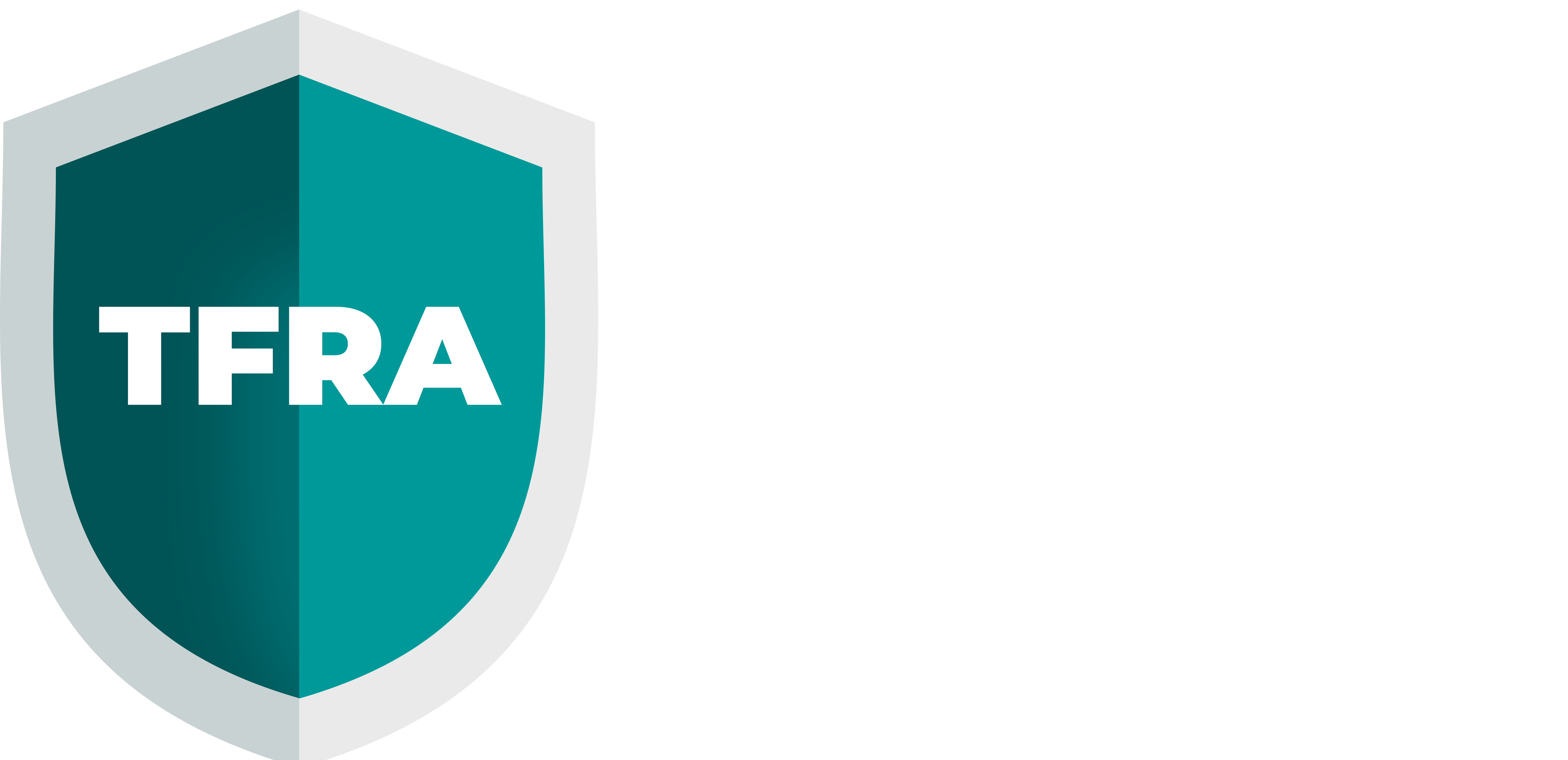Do You Know the Connection Between Your Health and Your Wealth?
There are a lot of aspects that go into feeling your best.
While physical health often comes to mind first, it’s just one piece of the larger puzzle. Mental health and financial health factor into your wellness just as much as your ability to run a mile or touch your toes.
When you connect the dots on how these three distinct areas of your life impact your overall well-being, you give yourself the opportunity to improve your health in multiple areas at once, potentially creating a ripple effect.
Now is the perfect time to consider adopting a holistic view of your health.
Our human brains have evolved to promptly respond to stress. This was an adaptive feature for our ancestors to keep them alert and alive, but unfortunately, our biology has not caught up to the fact most of us are no longer hunter-gatherers dealing with predators on a day-to-day basis.
And while we are no longer being chased by saber-tooth tigers, we still face stressors every day that can influence our safety in society, particularly around money.
A bill itself won’t kill you, but the human drive to survive can make us perceive financial stress as a life-or-death situation.
In fact, as many as 77% of Americans are anxious about their personal finances, with 58% feeling that their personal finances are controlling their life.
Once we are stressed, we really expose ourselves to a whole host of potential issues, putting both our mental and physical well-being at risk, and nearly half of Americans surveyed say that money negatively impacts their mental health.
If left untreated, stress around money can create chronic issues that can take more and more time and resources to solve or mitigate, often causing more financial strain.
A money worry can easily become an ongoing anxiety that gets exacerbated with every increasing bill to the point of spiraling.
Mindfulness and social support systems can be your biggest tools in preserving your long-term well-being during times of financial stress, which can include engaging the services of a financial professional.
Mindfulness
Practicing mindfulness increases metacognition, the awareness of your own thoughts, and decreases rumination, the pattern of thinking negative thoughts.
These benefits can help you notice signs of anxiety and depression before they become bigger problems.
It is typically practiced through meditation and journaling, but any activity that supports your awareness to your body and mind can help you reap the benefits of it!
Strong Social Support
It is linked to improved overall health, reduced stress levels, better mental well-being, and a lower risk of chronic diseases.
Social support gives you people to rely on when you need it. This can mean having a friend or counselor to talk to when your thoughts become too negative, having a doctor you trust when you feel unwell, and having a licensed retirement professional to turn to when planning for your dream retirement – there is no retirement do-over.
A Licensed Tax-Free Retirement Advisor can help you create a plan that addresses not only wealth and investments but also helps mitigate financial and market risks. Whether it’s through retirement planning, long-term care planning, an advisor can work to help keep you afloat in sickness and in health.
Disclaimer: This article is for informational purposes only and should not be considered as financial, tax, legal, or health advice.

